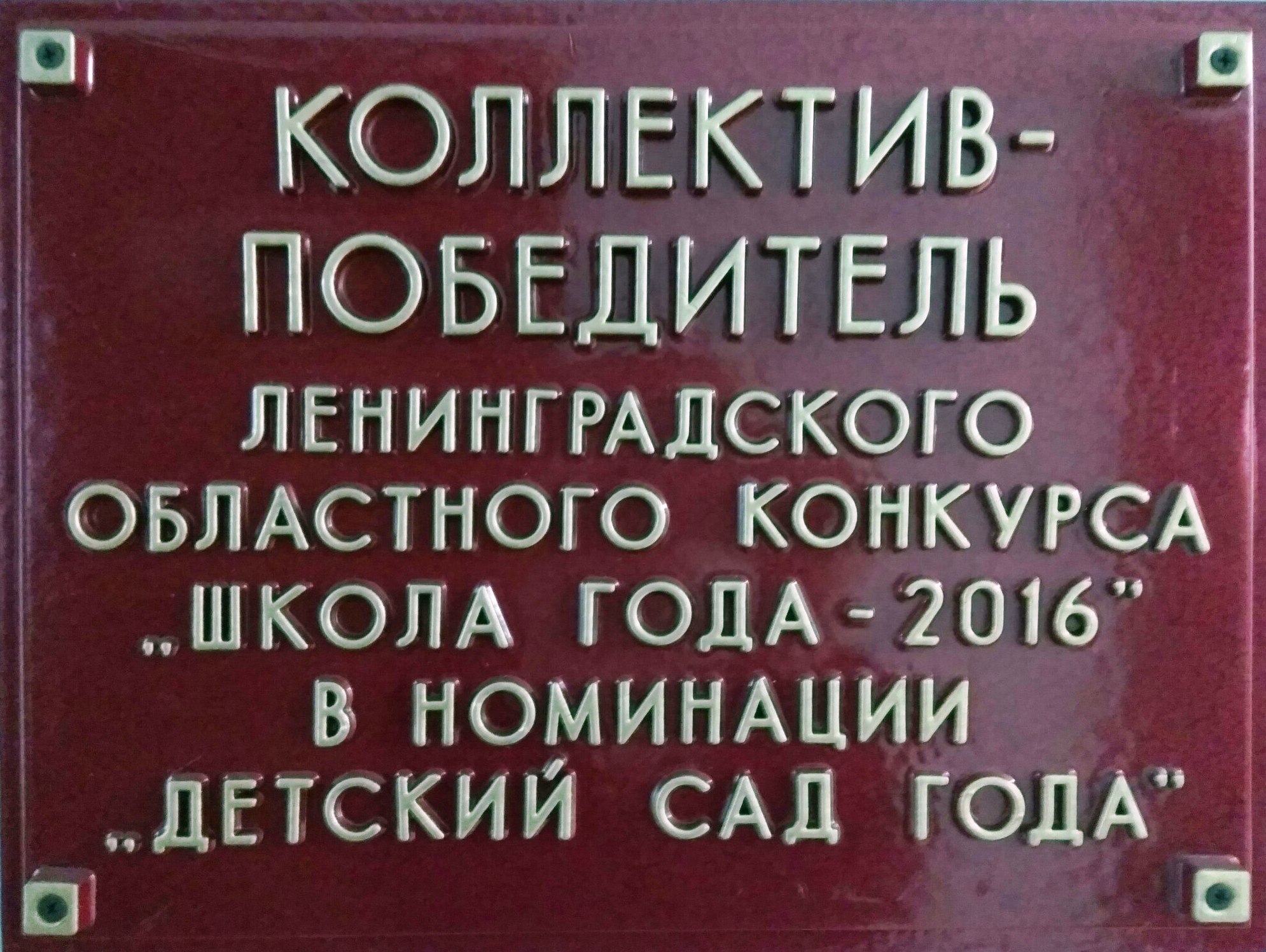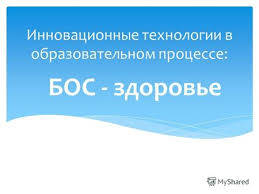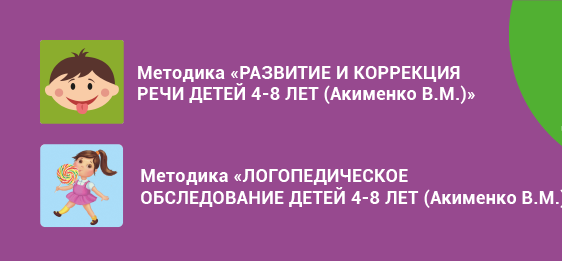You can find three straight ways to check on for phrase completeness:
1. Get the topic. A topic could be the noun or pronoun about which one thing is written. To get the topic of a phrase, determine whom or what exactly is doing the action. The sentence is a fragment if there is no subject. Think about the two examples below.
«The student felt stressed prior to the message.» «seriously considered making the space.»
The very first sentence above is complete, as it contains both a topic and a verb. The subject of this phrase could be the pupil. The phrase contains an interest which answers the concern, «who or just exactly exactly what felt stressed?» The 2nd phrase is just a fragment, since there is no recognizable topic. The phrase will not include an interest which answers the relevant concern, «who or exactly exactly what considered making?» To correct the 2nd sentence, you can write: «He seriously considered leaving the area.» Instead, on ag ag ag e could combine the 2 sentences to make one sentence that is complete «The pupil felt stressed prior to the speech, and considered making the space.»
2. Discover the verb. A verb could be the action term in a phrase. Verbs express action, presence or event. To obtain the verb in a phrase, recognize just exactly what happened. The sentence is a fragment if there is no identifiable action. Think about the two examples below.
«Many boffins, such as for instance Einstein, think in strange means.»
«Many experts think in strange means. Einstein, as an example.»
This example that is first has one complete phrase accompanied by a fragment. «Einstein, as an example» is really a fragment since there is no verb. «Einstein» functions as the niche (he could be the main one doing one thing), nevertheless the rest of the phrase will not show wh at action he could be using.









